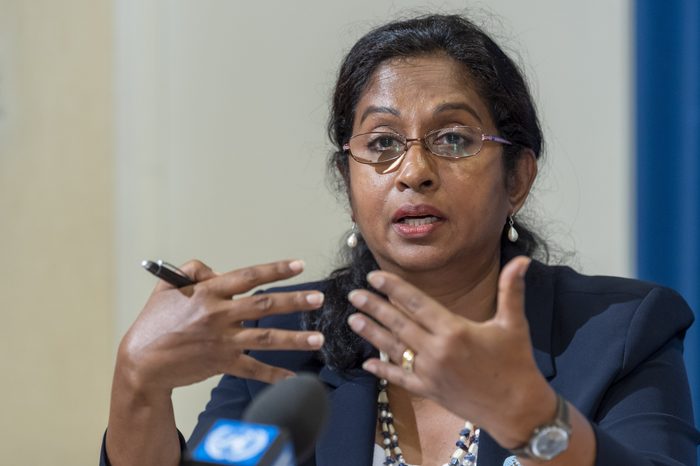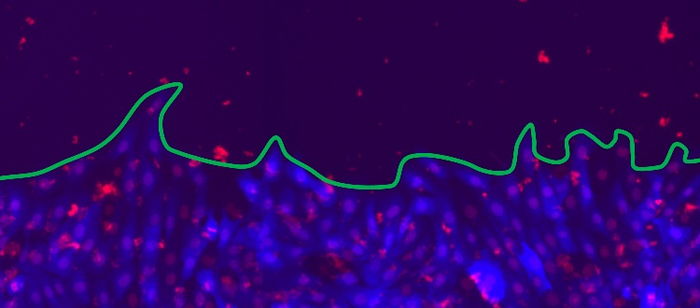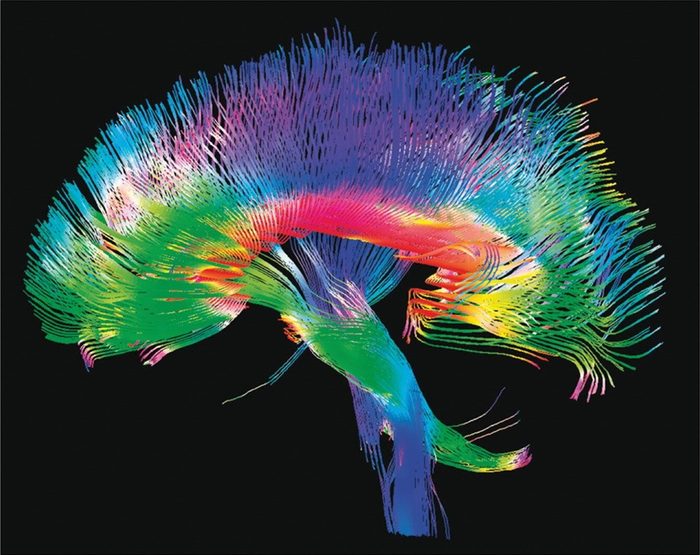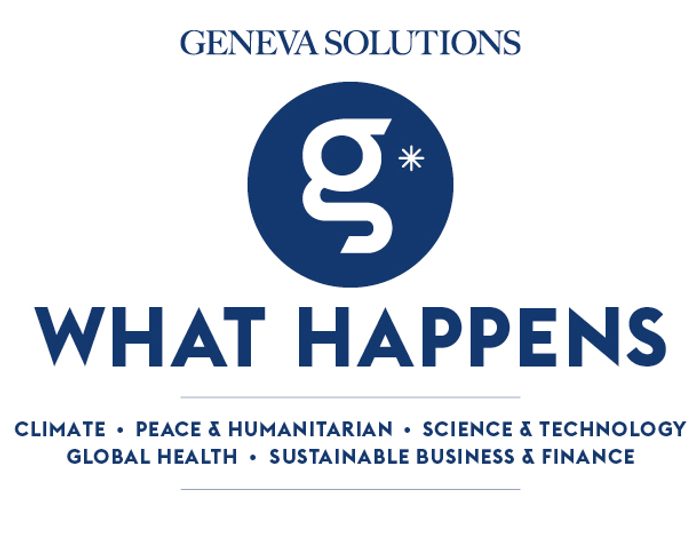|
Science & Technology News
|
|

(Credit: Keystone/Martial Trezzini)
|
|
💉 “We need to sustain scientific solidarity on issues beyond Covid-19.”
Once the Covid-19 crisis is behind us, will nations pool their resources to produce and distribute – at low or no cost – vaccines that will save millions who die from treatable conditions? UNCTAD’s Shamika Sirimanne shares her expectations of the upcoming session of the UN Commission on Science and Technology for Development, where health will be a key theme of discussion.
Geneva Solutions (EN)
|
|
☢️ Plan to release waste water from Fukushima meets opposition.
Last month, Japanese scientists unveiled a plan to release into the ocean over a million tonnes of contaminated water from the Fukushima Daiichi nuclear plant. Opposition from neighbouring China and South Korea has been countered by scientists such as the director general of the International Atomic Energy Agency.
Nature (EN)
|
|
🏷️ What’s in a digital label?
More than 50 initiatives worldwide are working to develop rules for the ethical use of digital technology. In a new report, the Swiss Digital Initiative (SDI) in Geneva, which is also developing its own “Digital Trust Label”, takes a closer look at 12 of the most relevant initiatives and compares them with its own project.
Allnews.ch (FR)
|
|
Here's what else is happening
|

Fluorescent microscopy image of a proliferating cell front, whose edge is indicated in green. The rat epithelial cells, with cytoplasm (blue) and nuclei (red), form a 2-dimensional culture that can be used to model wound healing. (Credit: Guillaume Rapin, UNIGE)
|
|
Understanding wound healing with statistical physics.
Scientists from the University of Geneva and the University of Zurich have found a novel approach using statistical physics to study tissue healing. The researchers in the multi-disciplinary team were able to identify the microscopic lengths at which key interactions governing tissue healing take place.
UNIGE (EN)
|
|
|
Anticipatory reads by GESDA
|
|

©Human connectome project
|
|
'Brains are indispensable drivers of human progress. Why not invest more heavily in them?'
That is the question asked by researchers at the OECD, in Paris, who seek “to place brain capital at the centre of a new narrative to fuel economic and societal recovery and resilience”. They start by making a comparison with neurosciences: “Disruptions to brain health (ie mental and cognitive disorders) cost trillions of dollars and have only been exacerbated by Covid-19.” Thus, according to the analysts, it is no surprise that The Economist ranked investment in mental health as an economic ‘‘best buy’’.
At the same time, “brain skills are becoming increasingly valuable in our modern, innovation- and knowledge-driven economy”, they go on, before proposing their idea of introducing the concept of brain capital – broadly defined as a form of capital that prioritises brain skills and brain health: “We seek to place brain capital at the centre of a new narrative of progress to ensure economic recovery and resilience now and in the future. Indeed, it is our vision that as leaders measure the health of their nation, they will look not only at conventional measures like gross domestic product (GDP), consumer optimism and unemployment but at their brain capital.”
After all, they conclude, ‘‘What gets measured, gets improved.’’
– Olivier Dessibourg
|

This selection is proposed by the Geneva Science and Diplomacy Anticipator
GESDA, working on
anticipating cutting-edge science and technological advances to develop innovative and inclusive
solutions for the
benefit of the planet and its inhabitants.
|
|
GS news is a new media project covering the world of international cooperation and development. Don’t hesitate to forward our newsletter!
Have a good day!
|

|
|
Avenue du Bouchet 2
1209 Genève
Suisse
|
|
|
| |








